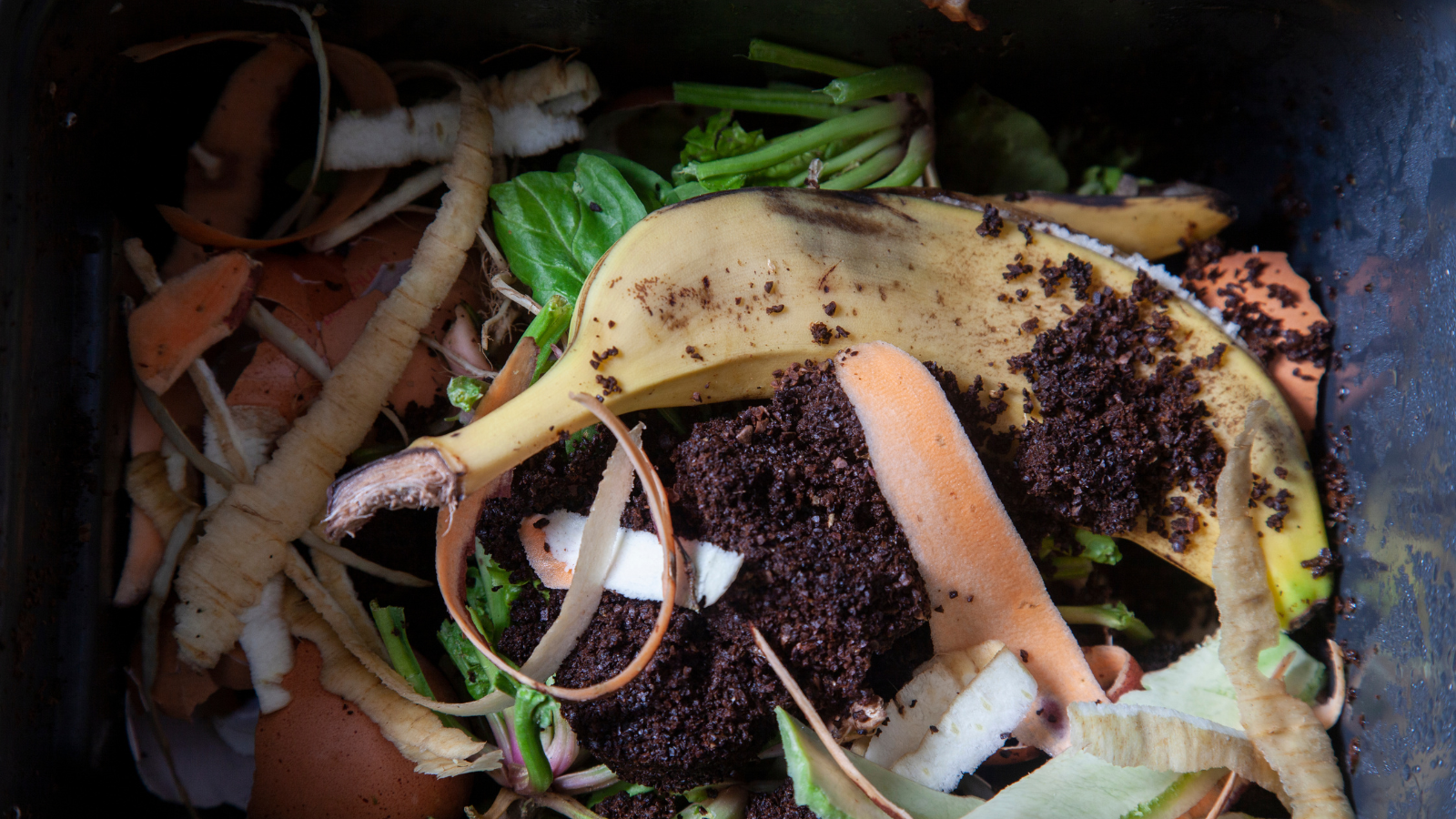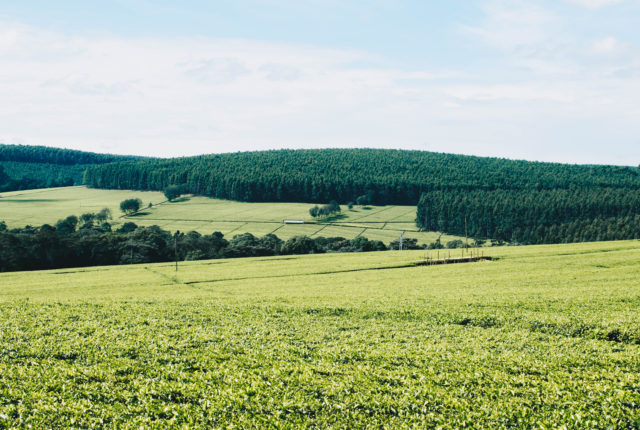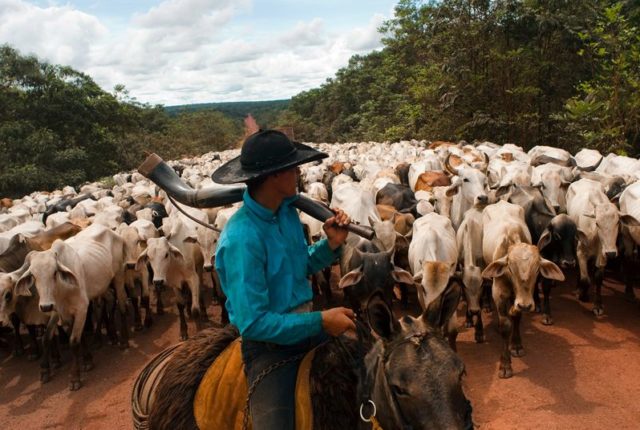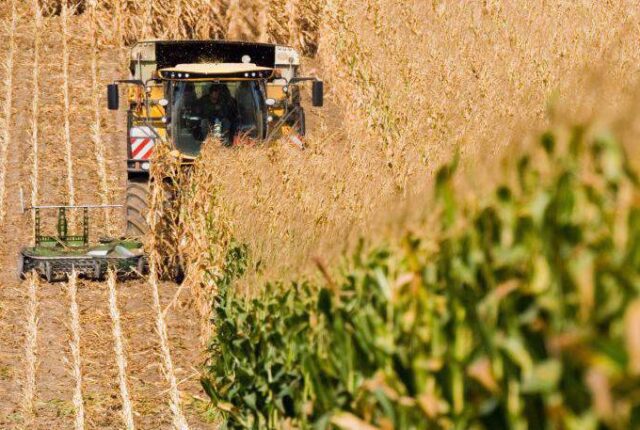By Natalia Andrea López Acero
The course How to achieve the Sustainable Development Goals revolutionized the way I see things and inspired me to put in place new ideas and to improve the civil society initiatives I partake in thanks to the different concepts this course developed.
The very concept of Sustainable Development, defined in 1987 by the Brundtland Commission as the “development that meets the needs of the present without compromising the ability of future generations to meet their own needs,” inspires change. Thinking about the future of the planet is what drives people to work towards the common interest in order to mitigate the negative impact of our actions in the environment.
One of the initiatives that began to focus on the future of the planet is called community compost. Once a week, some neighbors reunite to build a Digester Bale (Paca Digestora) in the nearest park or green zone to their households. These Bales were invented by Guillermo Silva, an environmental technician from Medellin, Colombia, as a technique to recycle food waste using gardens’ greenery and foliage through a kind of hermetic nest built with the help of a cubic mold made of recycled wood. We put our food scraps inside, smash them, and compress them in the hermetic nest built with greenery, and then seal it. After a few months, it becomes compost.
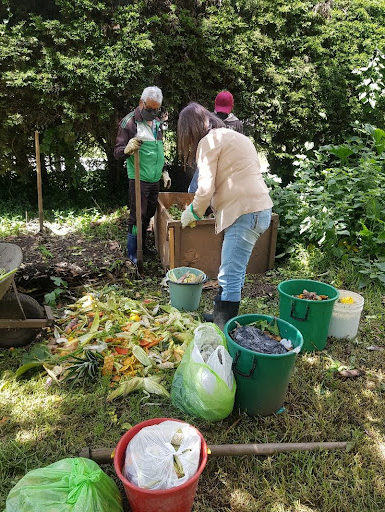
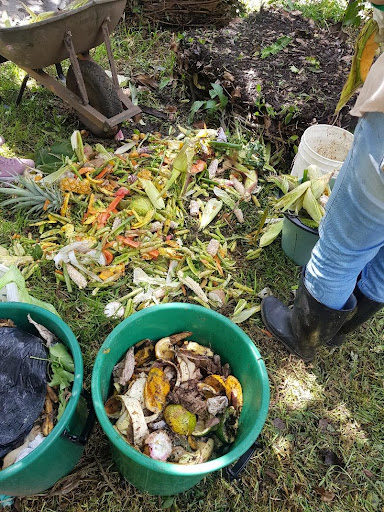
As participants of EcoBosque Urbano -our local community initiative in Bogota- we separate every week’s food scraps at home and take it every Sunday to the park to process it in the Digester Bale. After the course, I started to do further research, and I was struck by the fact that in Bogota, more than 6.000 tons of garbage arrive every day to the Doña Juana landfill, and over 60% of it corresponds to organic waste (1). This waste releases more than 15 different kinds of greenhouse gasses in their decomposition process (2), and these emissions represent over 13% of the greenhouse gas emissions of the city of Bogota (3). The average amount of organic waste that we process every week in the bale is 80 kg. During these two years of work we have built more than 80 bales and prevented an average of 6.880 kg from ending in the landfills, thus, contributing to SDGs 11 –Sustainable cities and communities- and 13 –Climate action- mainly but also to SDGs 12 –Responsible production and consumption-and 15 –Life on land.
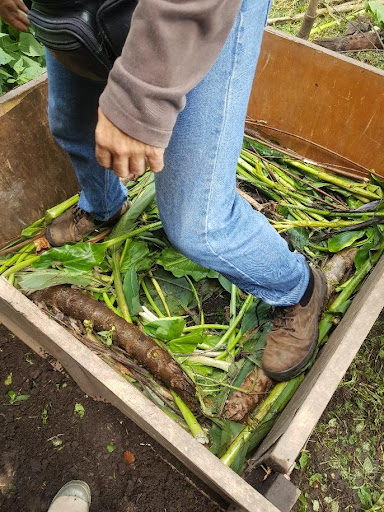
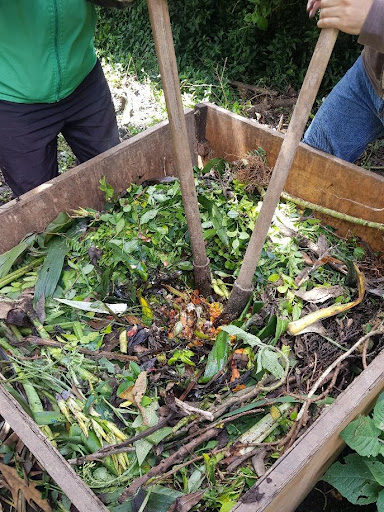
The question now is, how can we increase our climate action? The course also made emphasis on the fundamental role of civil society in the transformation pathways towards the Agenda 2030. Despite the fact that this genuine “Digester Bale movement” is increasing in cities such as Bogota and Medellin, we are still a minority. I started to think of different ways to get more people involved and to increase this impact. I designed a pilot to reach the restaurants of our low-middle class neighborhood, who are big producers of organic waste, and to offer them a decontamination system service. This service basically consists of collecting their organic waste and processing it in the bale, offering some benefits; and the system counts on the restaurants as a kind of hub that will help get more citizens informed about climate action and on how to become a more sustainable community.
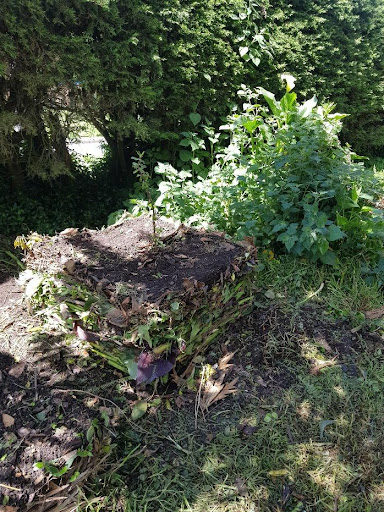
This is how we, as civil society, would start joint work with the business sector in order to have more sustainable cities through climate action. There are some mid-term and long-term goals. One of these is to become a social business (Yunus) movement which will motivate more neighbors to participate in the different tasks and will inspire more neighborhoods to get organized to replicate this model in their contexts in order to increase climate action and to significantly decrease the amount of waste arriving every day at local landfills. For the long-term, this project has a social inclusion component through the creation of green jobs for the homeless and poor, taking into account the fact that “poverty reduces people’s capacity to use resources in a sustainable manner; it intensifies pressure on the environment,” (4) and the population is increasing in Colombia.
The final goal of the movement and its replication throughout different urban territories is to influence policy making. As a result of this, national or local authorities could reduce tax contributions for small businesses that participate in this decontamination system, as well as support communities through larger partnerships and ESG investment.
While discussing these points with my neighbors, many more ideas came up. We have an urban vegetable garden where we grow coriander, potatoes, lettuce, calendula, among other medicinal and aromatic plants. We want to promote home vegetable gardens through the exchange of seeds by building a seedbed. We are aware that learning how to grow is becoming a necessary skill for XXI century citizens and that this knowledge will be crucial to achieve SDG 2. With the time and with the joint work of many actors, more actions will be articulated in the task of achieving the SDGs.
The “People, Planet and Prosperity” task is huge and the challenges may seem overwhelming, yet we already started to walk this path by doing community compost in order to reduce waste and gas emissions. Cities and territories need to change, and these noble causes that are starting to build sustainable communities are the only way to leave no one behind.
- Draft Agreement Nº. 394-2019. First Debate. City Council of Bogota. “Through which circular economy guidelines are implemented in the public policy of sustainable production”. Pg. 4.
- Guillot Javier, “The meaning and challenges of sustainability: learnings from a case of entrepreneurship”, Conference. Launching of Master’s degree in Sustainability Management at Javeriana University, Bogota, October 4th 2022.
- Ibid.
- Brundtland Commission, Report of the World Commission on Environment and Development: Our Common Future, 1987. P.
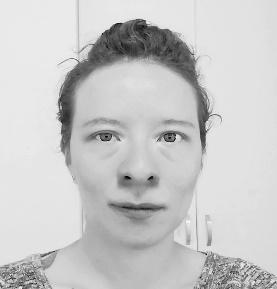
Natalia Andrea López Acero
Natalia was born in Bogota and has lived and studied in different parts of the world. She has worked as a translator and university lecturer in Colombia. Eco-anxiety has taken her to reorient her career towards sustainable development. She currently volunteers for the causes she believes in: climate action, sustainable communities, sustainable mobility, sustainable tourism, women empowerment, among others. As a lifelong learner, she continues her studies online in order to become a leader of the Agenda 2030 in her community.
